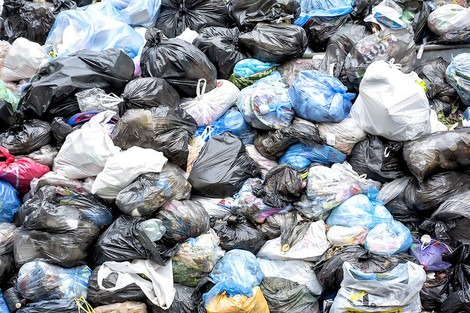Your podcast discovery platform
Curious minds select the most fascinating podcasts from around the world. Discover hand-piqd audio recommendations on your favorite topics.

piqer for: Doing Good Globalization and politics Global finds
Currently, I am a Fellow for the Entrepreneurship for Good Program (Future of Audio Entertainment Challenge) at The DO School. I am a media professional, social entrepreneur and storyteller who experiments with media and art to document life, and I have worked with nonprofits, governments and campaigns internationally. I have an M.Sc. in Social & Cultural Anthropology from the London School of Economics & Political Science.
The Trash Crash: How America Got Into A Recycling Crisis—And How It’s Getting Out
What happens to our trash? Once the moral obligation to recycle is over, do we ever wonder, where did those jars, plastics, papers, and everything else find themselves a home?
In this episode of Slate's What Next with Henry Grabar, he interviews Meleesa Johnson, President of the Associated Recyclers of Wisconsin and on the boards of numerous influential waste management, environmental and sustainability-related committees and groups about trash and its future.
Trash is a commodity with many buyers and sellers, who often have conflicting interests. Until recently, those in the U.S. mainly participated in single-stream recycling, which basically means gathering everything you believe is recyclable into a bin and letting material recovery facilities (MRFs) sort it for sale and transport to an entity who can take care of the rest of its journey, including eventual disposal. In the U.S.'s case, that entity was China and other East Asian markets that bought the country's trash to create products for export such as clothing and other household items.
However, with the passing of China's National Sword policy which bans certain types of low-quality wastes and recyclables and reduces import licenses for these materials, a dilemma emerged: who wants America's trash now?
With the price of trash dropping almost 80-90% in value, this became an opportunity to change a national mindset in terms of how we recycle and how we consume. By adopting recycling methods separated by source, MRFs can save time, and by reducing trash, to begin with, we can prevent trash from piling up in unmanageable quantities.
As Johnson points out, garbage and waste management are critical to our societies, yet no one knows about them or has any idea about the afterlife of their trash.
